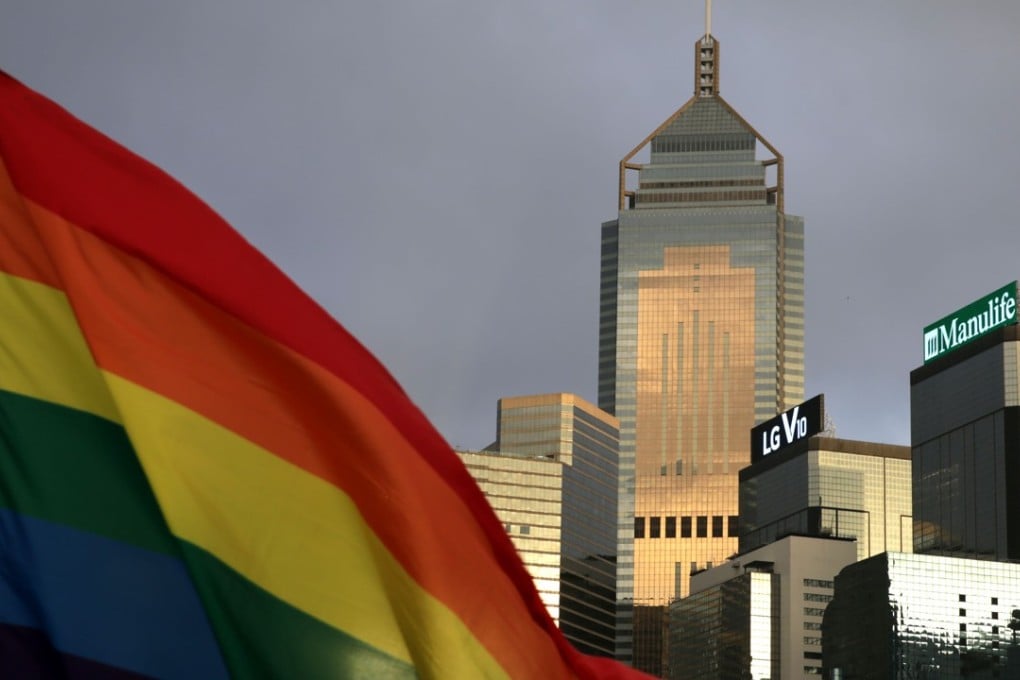Hong Kong ruling on spousal benefits for gay partner reveals the marriage paradox
John Chan says the granting of benefits to a same-sex partner while denying joint tax assessment is a puzzling ruling that highlights the complex moral and ethical issues involved

A High Court Judge at the Court of First Instance has ruled that the Civil Service Bureau’s stance of denying an officer’s same-sex marriage partner the benefits enjoyed by the spouses of heterosexual colleagues was “indirect discrimination”.
The paradox of the case is same-sex marriage is not treated as legal under local marriage law
Foreign marriages are recognised in Hong Kong, including those conducted in New Zealand, where the same-sex marriage of the officer concerned took place. The paradox of the case is that same-sex marriage is not treated as legal under local marriage law.
The Marriage Ordinance says every marriage shall be a Christian marriage or its civil equivalent, implying a formal ceremony recognised by law and involving the voluntary union for life of a man and a woman, to the exclusion of all others. Hence, marriages under Hong Kong law are a union of one man and one woman; and, monogamous by nature.
Under Civil Service regulations, family members of a civil servant who are entitled to benefits include their spouse and children. What is puzzling about the judge’s ruling is that he adopted the definition of marriage as being that between a man and a woman, as defined in the Inland Revenue Ordinance, in rejecting the officer’s judicial review against not being allowed joint assessment of tax returns with his spouse.
More gay Hong Kong civil servants could marry abroad for spousal benefits, union says
However, when it came to his ruling in the same judgment on benefits afforded to a “spouse” of a civil servant, his view was that to deny a partner in a same-sex marriage such benefits would be indirect discrimination based on sexual orientation, which is against the Basic Law and the Hong Kong Bill of Rights.